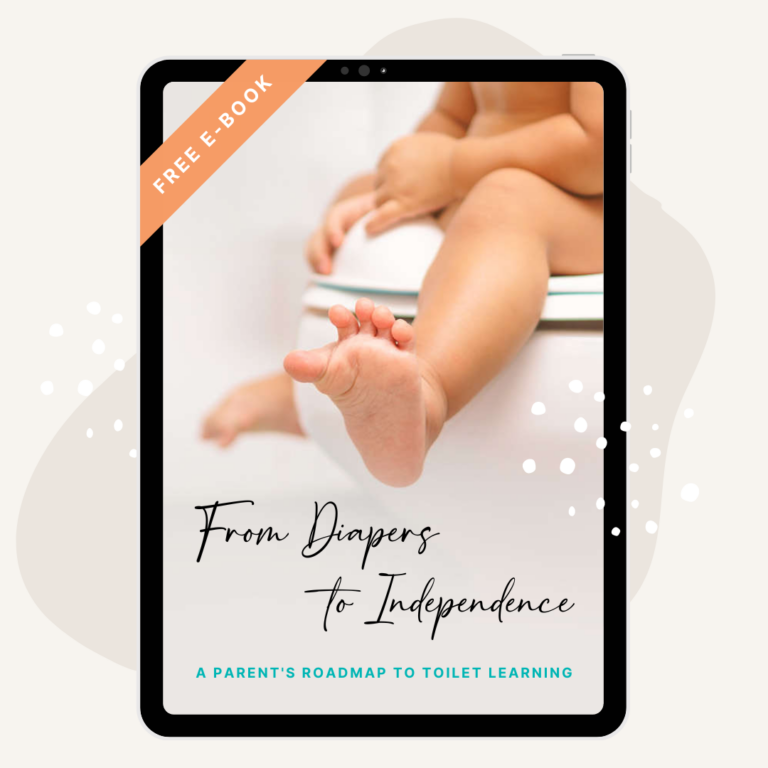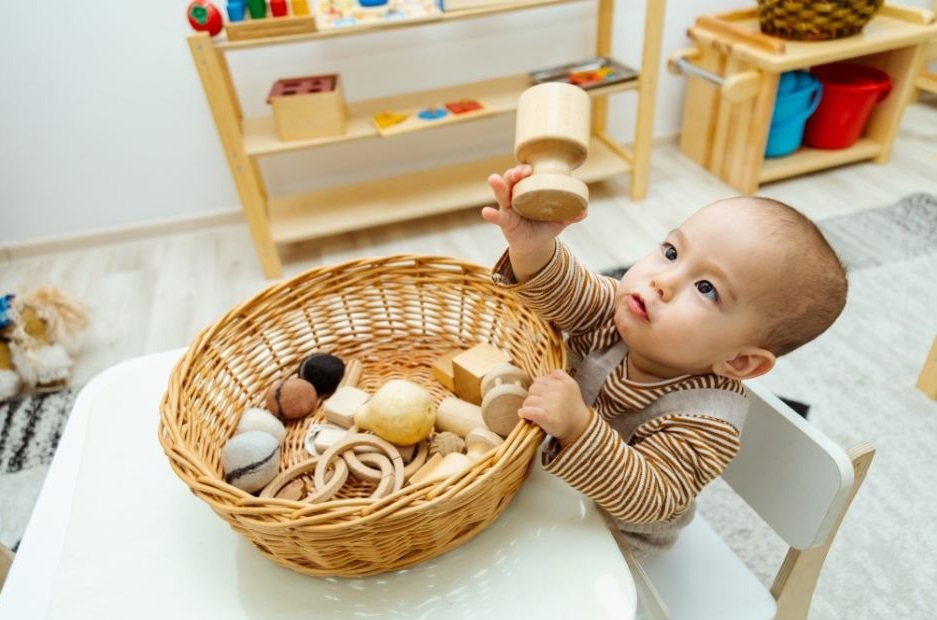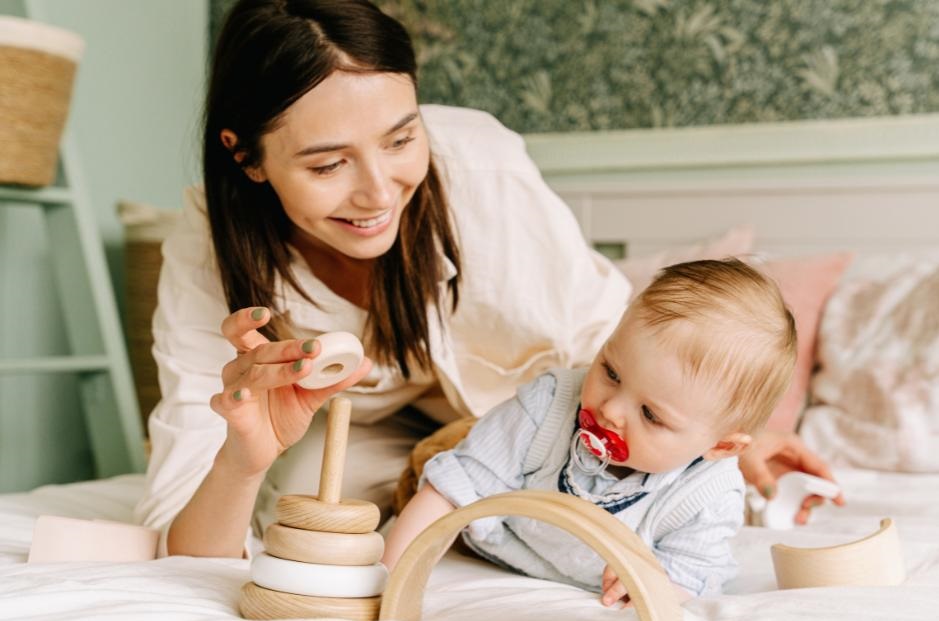Raising children can sometimes feel like navigating a maze, especially when it comes to fostering cooperation. But fear not! We’re here to share some tried-and-true phrases that can make a world of difference in your Montessori home.
1. “In our home, we…”
This little phrase helps remind children of the expectations in the home. Children are much more likely to cooperate when reminders are presented as objective statements about the way things work in the home, rather than commands.
“We sit down while we eat” is less likely to lead to a power struggle than “Sit down.”
Children want to be part of the community just as we do as adults, so simply reminding them of how things work in our family can be surprisingly effective.
If you have a rule about walking in your house, instead of saying “stop running,” try saying, “we walk inside our house” and see if you get less push back.
2. “I Need Your Help”
Empowerment is at the heart of the Montessori method, and what better way to empower your child than by asking for their help? Whether it’s setting the table, tidying up toys, or even preparing a snack, involving your child in daily tasks not only teaches responsibility but also fosters a sense of belonging and contribution within the family.
So the next time you get ready to do the laundry, sweep the floor, or cook a meal, utter this simple phrase, “I need your help.” You might be surprised just how eager your child is to offer a helping hand!
3. “Which part would you like my help with?”
Children should be recognized and appreciated as capable members of the family. They take great pride in accepting responsibility for things like sweeping the floors and watering the plants.
Sometimes, though, our children may not be ready to complete a task on our timetable or it may feel too big and overwhelming to them. We want to try to avoid conflict in these moments, helping the child to feel less overwhelmed, while being careful to not swoop in and save the day as this often sends a message that the child is not capable.
The next time you notice some resistance from your child when it’s time to clean up and you find yourself feeling frustrated and about to utter one of those “do it or else” statements, try one of these phrases instead:
- “What would you like me to put away?”
- “I’ll put away the puzzle and you put away the blocks.”
Shift from frustration and challenges to opportunities for growth and confidence in your child’s toilet learning journey thanks to our Parent’s Roadmap to Toilet Learning the Montessori way.
4. “What Do You Think?”
The Montessori approach emphasizes the importance of respecting a child’s autonomy and encouraging independent thinking. By asking for your child’s input or opinion, you’re showing them that their thoughts and feelings matter. Whether it’s deciding what’s for dinner, planning a weekend outing, or choosing whether to take a bath or brush their teeth first, involving your child in decision-making processes helps cultivate their sense of agency and self-confidence and makes them much more eager to cooperate.
5. “Where could you look for that?”
Independence is a key value in any Montessori home. Our goal is to help our child help themselves. While it might be faster and easier to show them where something is or how to do something, we want to try asking leading questions that help develop initiative.
If your son forgets to grab his lunch on his way out the door for school, instead of immediately just handing it to him, pause and ask, “What do you usually bring with you to school?”
This type of approach might require a bit more patience initially, but it can foster a sense of responsibility and problem-solving skills in your child, promoting their independence in the future.
Incorporating these key phrases into your interactions with your child can help create a harmonious and cooperative environment in your Montessori home. Remember, every interaction is an opportunity for learning and growth, both for you and your child. So, embrace each moment with patience, love, and a touch of Montessori inspiration!






